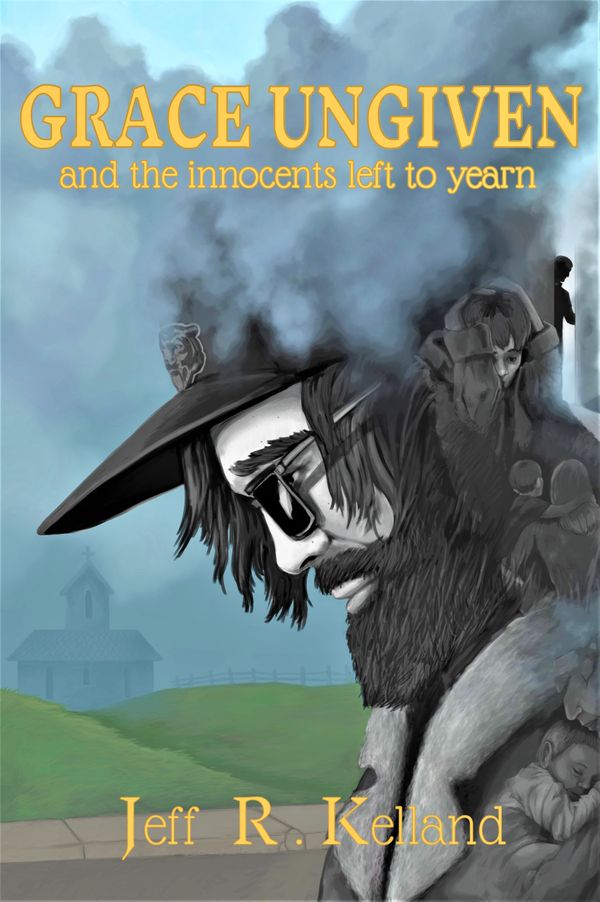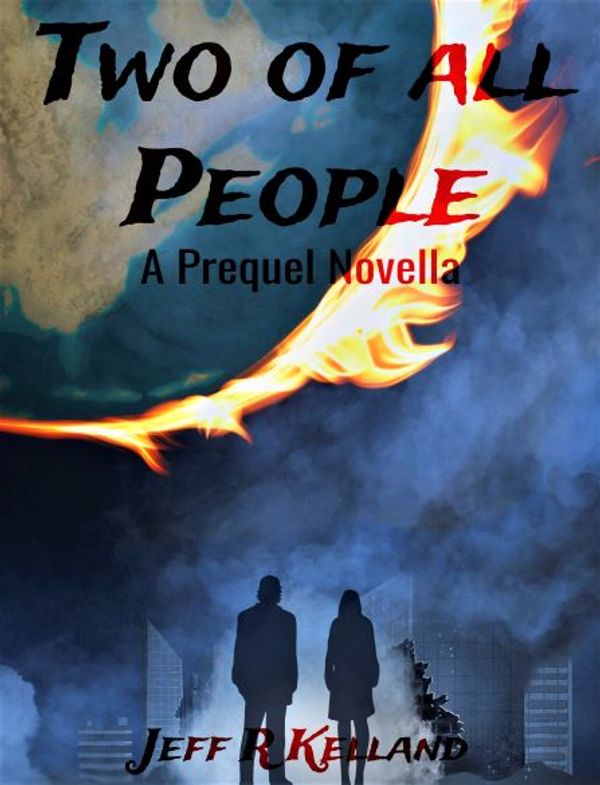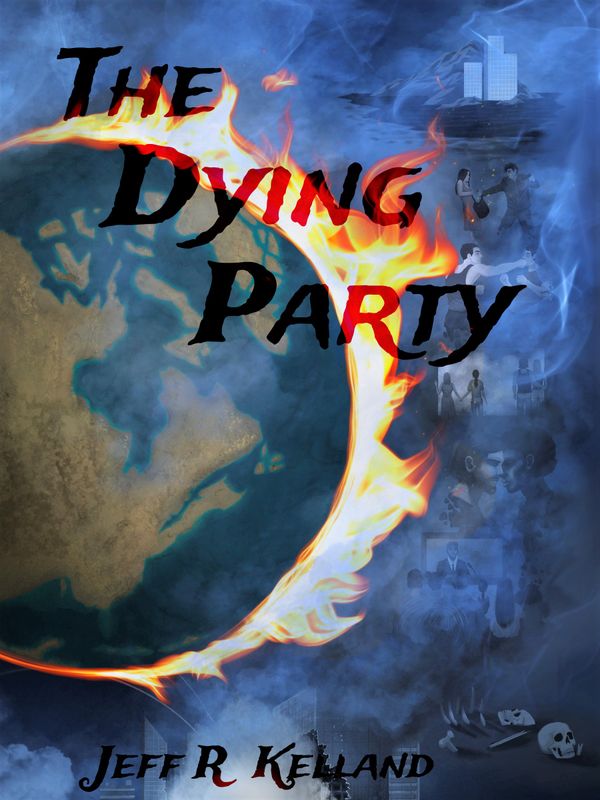The prequel novella to the new climate-fiction novel The Dying Party. The Dying Party asks: What happens when they tell us it's too late, when we pass the tipping point of the climate change crisis and are forced to face a near future that will be increasingly hellish, and the end that will come within our lifetimes? The novel answers this with two two parallel story lines. On the one hand, we have six survivors in 2049, in a residential complex built into Newfoundland’s only mountain, Gros Morne - the last six people alive in Eastern Canada. On the other hand, we have a group of humanity's richest and most powerful, the super-elite, trying to establish an off-Earth colony for themselves.
The novel shows in fascinating detail the complex brutality of what having to accept such a fate would mean for the social, political, and economic principles and structures that underpin human civilization; what it would look like on a global scale, in a local context, and from a variety of distinct personal perspectives.The Dying Party demonstrates that the ever-widening gap between rich and poor, the cause of so much injustice and suffering through history, will plague us on into the fateful future we now face. The thrust of the novel, however, is to illustrate the under-appreciated impact that passing the climate change tipping point will have on the human psyche – an impact as great as that of climate change on the planet, accelerating the deadly advance.
This is not fanciful speculation about the near and distant future, but rather the logical extension of the current course of humanity based on extensive research. The novel has the courage to depict the worse case scenario unflinchingly, that we may see the human consequences of unchecked climate change. It is, therefore, the cautionary tale to end all cautionary tales.





